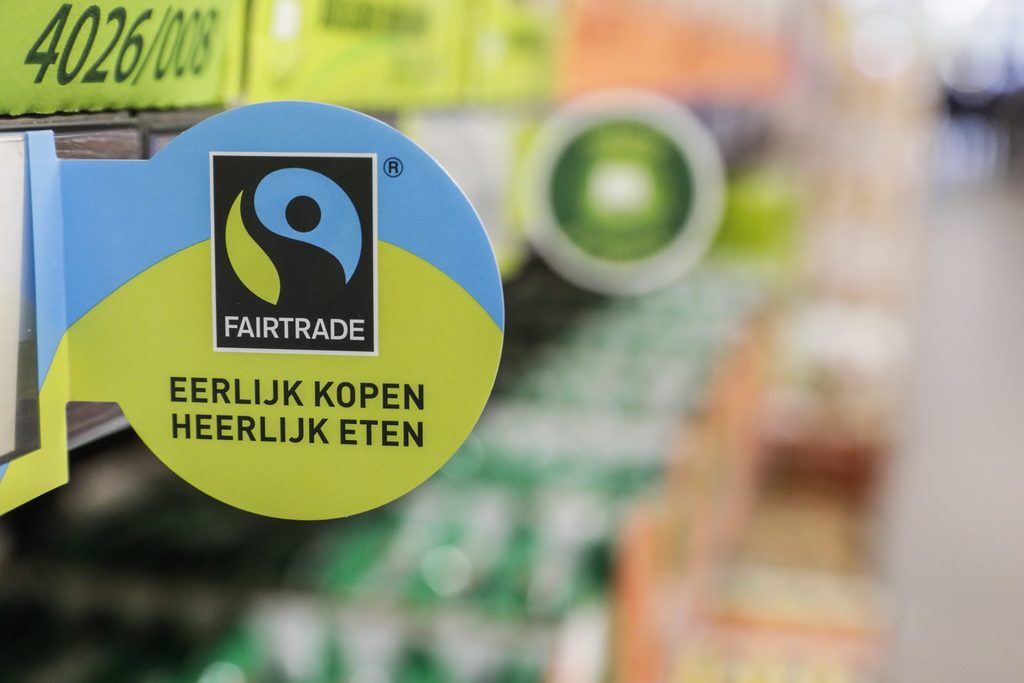A record number of Fairtrade products were sold in Belgium last year – proof that the label is becoming more mainstream, says the Belgian Fairtrade branch.
The blue and green brand logo, the most globally recognised ethical label which ensures that purchasing a product supports farmers and producers, has appeared on a rising number of products in shops across Belgium in recent years. The impact of this was reflected in the annual report published by Fairtrade Belgium.
"Last year was an excellent year for Fairtrade," said Fairtrade Belgium CEO Philippe Weiler. Especially in a year in which consumers had to deal with sharply increased costs for food and electricity, among other things, these are very good results."
The total market value of Fairtrade products in Belgium reached €312 million in 2022, an increase of 20% compared to the previous year and 85% compared to five years ago.
As a result, the Fairtrade premium, the organisation's main impact indicator and which farmers' cooperatives can invest in their businesses, also rose by 17.6%. "The Belgian market today generates more than €4 million in Fairtrade premiums."
Still a way to go
Chocolate and bananas carrying the ethical label are doing particularly well, the report highlighted. In 2018, the market share for Fairtrade cocoa was just 4.6%, but by 2022 it exceeded a market share of 20%, with bananas experiencing the same growth.
Weiler explained that this evolution was mainly driven by hard discounters such as Lidl and Aldi, which accounted for 36% of the Fairtrade premium collected on the Belgian market in 2022.
"Retailers often lack the capacity and expertise to set up their own monitoring system for every high-risk value chain. Fairtrade offers them a very robust solution that sets the bar high so that social and environmental issues are addressed and independently verified."
Yet the total market value of these products is still only 1% in Belgium, as a recent study by the platform Gondola Academy showed last year's entire Belgian food retail sector at €30.8 billion, indicating that the label is still not finding its way into every trolley in Belgium.
This is partly due to the fact that, while many customers are aware of the label and even state they are willing to pay extra for 'fair' products, this mentality doesn't always translate into a change in behaviour.
Related News
- Fairtrade products boom in Belgium despite economic crisis
- With great chocolate comes great responsibility: How sustainable is Belgian chocolate?
However, the group stated that Federal and European discussions on policies that push for Fairtrade terms such as the EU directive on the duty of care and the EU law on banning products causing deforestation are giving the group hope and making Fairtrade Belgium cautiously optimistic for the future.
"2022 is a very nice step in the right direction, but we are not there yet. We know that the food sector still has big challenges. Achieving short-term economic growth combined with a long-term sustainability vision remains a major challenge for many companies," Weiler said.

